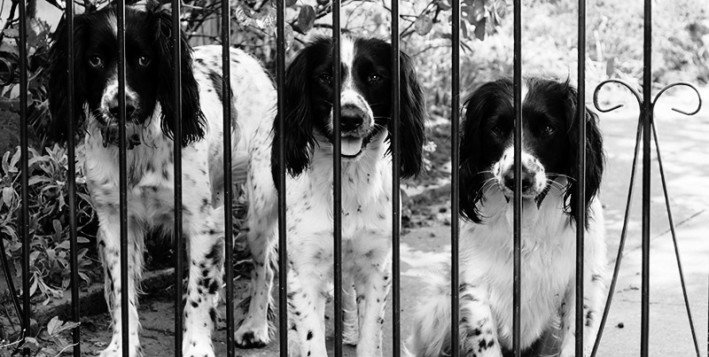The debate around online privacy and copyright infringement is nothing new. With the monitoring of online communications for security reasons back in the UK news following the incident in Woolwich, this is by no means the first time we’ve heard about how policy changes could affect how we work online.
In the last few years, campaigners in the US have risen up around bills such as the Cyber Intelligence Sharing and Protection Act (CISPA) and Stop Online Piracy Act (SOPA). Internationally, similar bills or treaties like the Anti-Counterfeiting Trade Agreement (ACTA) have driven similar outrage.
These proposals have spurred heated debate on everything from online freedom of speech to the future of e-commerce, and from piracy to government snooping.
The latter issue in particular has been one of the main focuses of the discussion in the UK.
The draft Communications Data Bill – first proposed by Home Secretary Theresa May in 2012 – is back in the news. Dubbed the ‘Snooper’s Charter’, the proposed bill would require communications service providers to keep track of users’ activity (sites visited, calls made, messages sent) for 12 months and, under certain circumstances, make that information available to the government for investigations of serious crime. The proposed bill builds on the existing Regulation of Investigatory Powers Act (RIPA), which limits how long data must be held for to 30 days.
But putting aside knee-jerk fears of intrusion and privacy, what do bills like these actually mean for you and me?
Assuming that most of the people reading this aren’t simultaneously downloading pirated movies and music (you’re not, right?), or plotting a serious crime online, the average Joe might not notice much of a difference should these sorts of bills be passed. This is of course, dependent on how rigorously bills are enforced. Some activists claim that under bills like SOPA, posting a personal video to YouTube of a barbecue in which a pop song is playing in the background could lead to prosecution.
The impact on organisations will vary massively depending on sector, location and size. The large online advertisers will obviously be affected by limited access to personal information. Smaller e-commerce companies may suffer if larger organisations claim any level of copyright infringement.
For many organisations, the most important thing to take away from potential copyright-related bills is that transparency is always key.
Many organisations will track their own performance in the media by posting articles or videos to their website or social channels. Why not? Taking credit for good work and recognition from the media seems to be a no-brainer.
And that’s completely true.
But those media outlets also deserve (and expect) credit for their work. Simply posting an article onto a blog or site is a sure-fire way to court risk. So, where possible, speak with journalists to get their permission to post pieces to your site or, in the least, be sure to give credit where credit is due. Include a link to the original piece, credit all photos correctly and consider only posting the first part of any given article to your site before directing users back to the source.
And expect the same of others: use Creative Commons licenses for your own content online and make sure you get the credit by getting started with a programme such as Google Author Rank.

